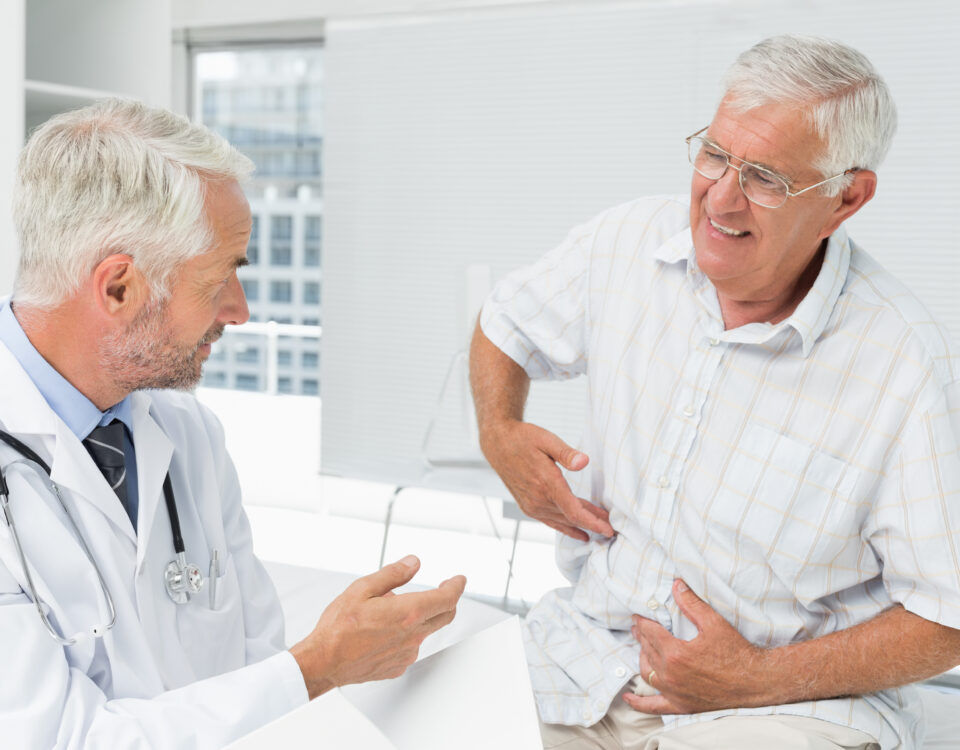
Will I be asleep during upper endoscopy
February 3, 2025
What is the Best Hemorrhoid Over-the-Counter Treatment?
March 5, 2025What Is the Prep for a Capsule Endoscopy?
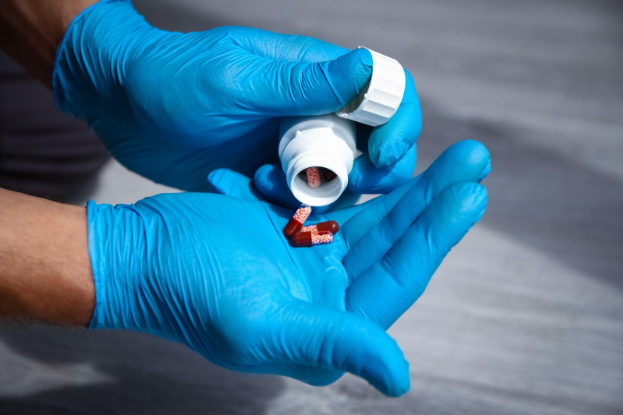
What Is Capsule Endoscopy?
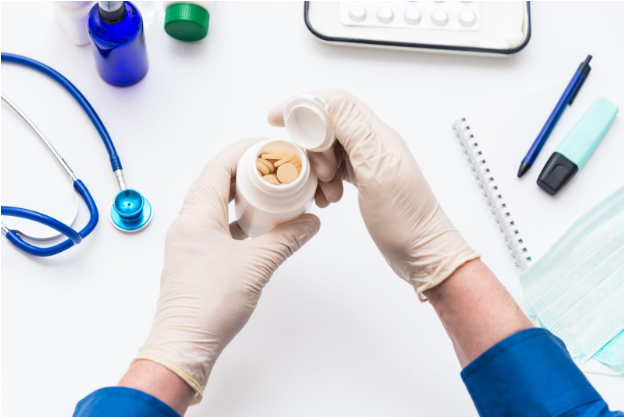
Capsule endoscopy entails using a small, vitro, and camera coated walnut size that is swallowed and records thousands of high-quality images as it moves within the GI tract. These images are transmitted to a recorder worn by the patient and reviewed later by a gastroenterologist to diagnose conditions such as:
- Small intestinal bleeding
- Crohn’s disease
- Celiac disease
- Tumors or polyps
- Unexplained abdominal pain
The success of the procedure requires careful preparation in order to guarantee the lens has unobstructed vision of the lining of the intestines.
How to Prepare for a Capsule Endoscopy
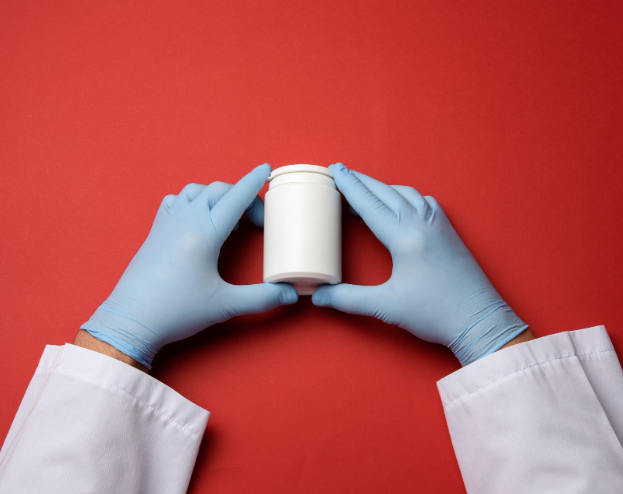
Follow Dietary Restrictions
To achieve that, the diet has to be altered so that the small intestine is clear of debris that might hinder the images. Here are the steps to follow:
- One Day Before the Procedure: Consume a clear liquid diet. This also extends to water, broth, apple juice, any other clear fluid that has no red or purple hue.
- Avoid Solid Foods: No soluble foods must be taken 24 hours before the surgery to minimize the contents of the intestines.
No Alcohol or Caffeine: These can prove to be counterproductive in the procedure and hence should be discouraged.
Medication Adjustments
Certain medications should be stopped for some time or their dosage reduced to avoid compromising the outcomes. Your healthcare provider will give specific instructions, which may include:
-
Pausing Iron Supplements: Iron may also cause the stool to become dark in colour and obscure images of the colon lining.
-
Managing Diabetes Medications: Some of the changes which may be required by employees include arranging for a time when they or their dependents can fast.
-
Continuing Essential Medications: As a general rule, most medications can be swallowed with a small amount of water only.
You should consult your doctor before you make any changes that you want to incorporate concerning medication.
Bowel Preparation
A clean intestine is very important to ensure improved imaging since screams from an unhealthy gut will distort the pictures. Your doctor may prescribe a bowel preparation regimen, which typically includes
-
Laxatives: Given in the evening before the operation to prepare the small intestine.
- Hydration: Knowing of the importance of keeping one’s body hydrated, it recommended that one should take a lot of clear fluids to help wash out the digestive system.
Avoid Smoking
Cigarettes smoke stimulates the increased production of stomach acid that may affect the clear image shooting of the camera. Smoking is prohibited before the procedure, and patients are asked to avoid smoking during at least one day prior to the treatment.
Fasting Requirements
To ensure the capsule’s smooth passage and effective imaging:
-
Stop Eating and Drinking: This should happen approximately 12 hours in advance to the time of the procedure.
- Avoid Chewing Gum or Sucking on Candy: Some of these activities stand the risk of provoking gastric activity and so undermine this process.
What to Expect on the Day of the Procedure
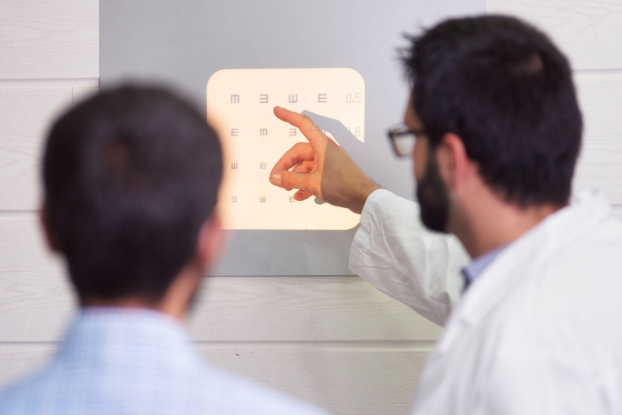
Arriving at the Clinic
Preparedness of the patient: Normally, patients are supposed to come to clinics with comfortable wearing. The procedure involves the following steps:
Attachment of Monitoring Equipment: A small sized sensor equipment will be attached on your abdomen to capture images that the capsule will send.
Swallowing the Capsule: The pill-sized camera is swallowed together with water.
Monitoring Period: You will swallow a capsule with an attached data recorder for about 8 hours when the capsule moves through your gastrointestinal tract.
Activity Restrictions
- Avoid Strenuous Activity: No heavy exercises are permitted during this period of monitoring.
- Stay Upright: Staying erect minimizes expulsion through contraction, and facilitates the passage of the capsule through the digestive tract.
After the Procedure
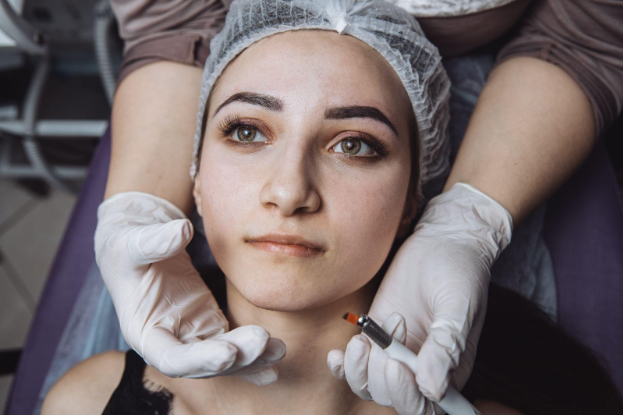
Retrieval of the Capsule
He or she does not have to retrieve the capsule by his or her own hands. In most cases it will work its way through the rest of your system and be expelled from your body through bowel movement in 24-48 hours after taking it. The patient should take no particular measure unless the doctor informs him that he has to do so.
Dietary Guidelines Post-Procedure
Targeted patients are normally allowed to continue with their normal diets and prescriptions, after the monitoring period is over. This is the case because your doctor will advice you on the dosage depending on your medical history.
Reviewing the Results
Once the capsule has taken pictures, the gastroenterologist will review these images and look for signs that something is wrong. If findings suggest hemorrhoids or related issues, you may be referred to our Hemorrhoid Treatment service for further care. If contamination is suspected, additional tests or treatments may be called for depending on the diagnosis.
Potential Risks and Precautions
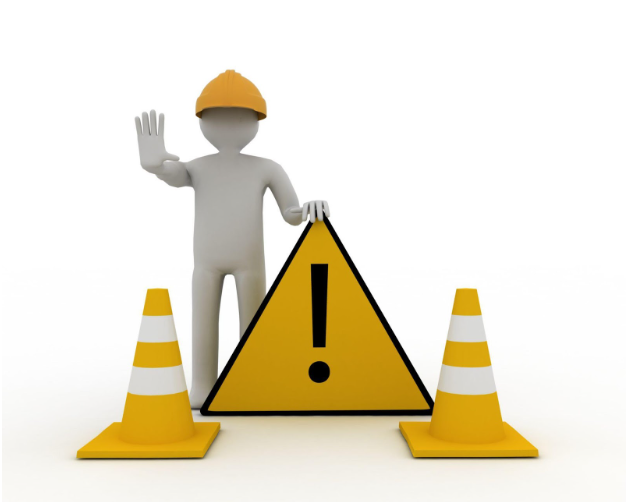
Capsule endoscopy is generally safe, but certain risks and precautions should be considered:
- Capsule Retention: Occasionally, the capsule may be trapped within the gastrointestinal tract, more so among patients with strictures or obstruction.
- Allergic Reactions: It is, therefore, important to let your doctor know if you have any underlying allergies to any material used in the capsule.
- Electrical Devices: People with pacemakers or other implanted electronic devices should inform their doctor.
FAQs
More on capsule endoscopy and individualized medical concern can be found in Gastroenterology of New York. This term only refers to the patient care bind that I and my expert team has taken of delivering best and sensitive GI care.



